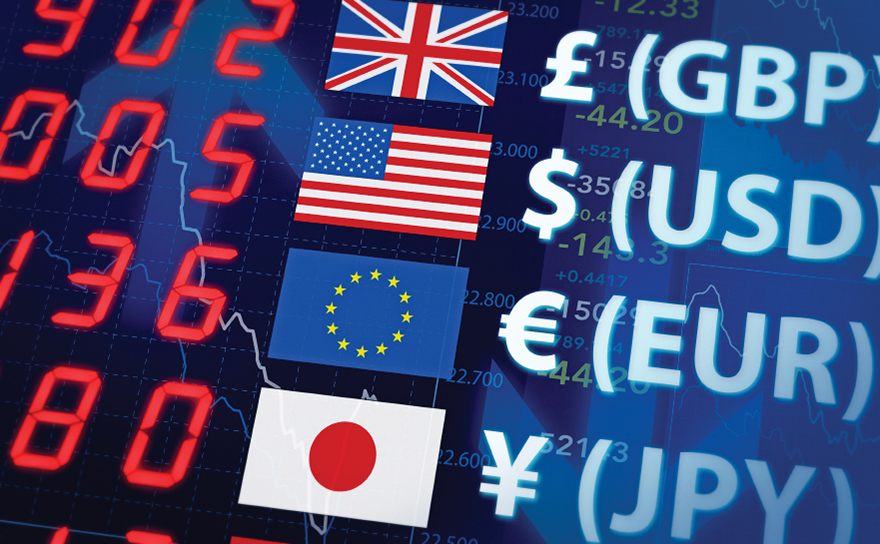Experienced Investor
The winners and losers from currency volatility

As the US Dollar continues to appreciate against the other major world currencies, the world’s largest companies are feeling the pinch, according to new research by World First and Rightmove.
For example, despite a bumper product cycle Apple ‘lost’ 4 per cent – around £3bn – because of the strength of the USD. On the other side, despite market challenges and product recalls, Toyota was able to post an increase in profit because of the relative weakness of the yen.
Jeremy Cook, chief economist at international payment experts World First, identifies the big winners and losers from the current market volatility.
– The American consumer
Cook comments: “Against pretty much every currency you can think of, the dollar is up. Why? Investors have been buying USD as more and more people bet that the Federal Reserve will start to increase interest rates midway through 2015. Throw in a booming domestic economy and fears over growth elsewhere and moves into USD have been a one-way street”.
– Brits who like skiing, live abroad or have a mortgage on a second home in the Eurozone
Cook says: “The British pound is up 10.2% against the euro which, simply put, means our money goes further. A €500,000 villa in Spain is about £38,000 cheaper than it was 12 months ago, a €1,000 monthly mortgage repayment is nearly £80 cheaper and even a 5-day ski pass for Val d’Isere is £17.41 cheaper.”
– Prime-London estate agents
“Regardless of what happens in the world economy London prime-property seems to benefit as a safe haven. Conflict in Ukraine? Buy a house in Belgravia. Huge revaluation of the Swiss franc? Maybe a flat in Mayfair. Fears over a ‘Grexit’? Export your funds into a nice pied a terre in St James’. When volatility is high, investors run for safety. London property is a very popular stop”.
– European exporters
Cook explains: “From Mercedes to little family run companies, Eurozone firms who make sales abroad are quids in. Any profits that they are repatriating home are now worth a lot more than even a month ago thanks to the European Central Bank’s QE plan and the uncertainty of Greece’s relationship with the EU following the Greek election
• Home-hunters looking for a mortgage and home-owners looking to re-mortgage
Miles Shipside, Commercial director at Rightmove, points out: “Uncertainty in the eurozone has led the two dissenting voices of the Monetary Policy Committee to fall back in line with the others and vote to keep interest rates at historic lows. Many analysts now believe that we may not see an increase in the base rate until 2016 – good news for those looking to mortgage or re-mortgage.”
…and who stands to lose?
• American businesses
Cook comments: “Large multinational companies, headquartered in the US but with huge sales abroad – think Apple, Amazon, McDonalds – have seen the profit margins slashed in the past year. The USD has put on 17.4% against the euro in the past 12 months and that is a direct cut in profitability. It will also cost more for a foreign investor to buy shares on these companies if they are listed in New York”.
• Companies who have raised money in USD
Cook concludes: “Many businesses use dollars to pay bills and service foreign currency debts. There will be a corporate demand to sell emerging market currencies and buy USD but a strong USD makes the cost of servicing that debt much, much more expensive.”